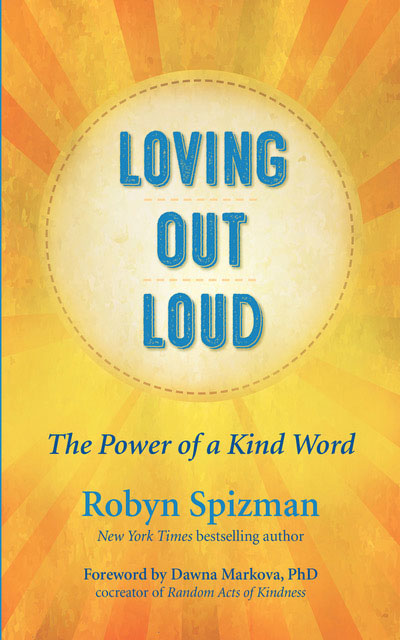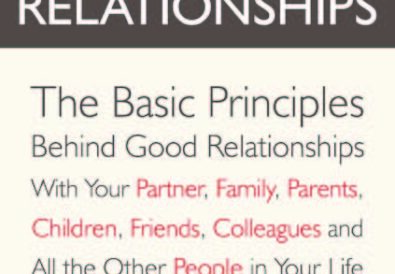We can all raise kinder children and teach kindness, one child at a time. We give birth to kids and to kindness alike. Together we create the next generation of humankind and humans being kind. Raising kinder children is something all parents would agree is a meaningful goal. When asked what we want for our children, we often say we want our kids to be happy. What if all parents also wanted their children to be happy and kind? Ah, the benefits of “everyday” kind kids. I believe that happiness naturally would follow.
Kind kids are more at ease socially and learn lifelong positive people-pleasing skills. All parents want their child to be kind-natured, but the moment another child is “not nice” to theirs, it can feel disheartening. The power of kindness begins at a very early age, and the benefits are staggering. Children who possess good-hearted tendencies often exhibit leadership qualities and attract more friends at an early age.
What’s wonderful about kindness is that it is a skill that can be learned. As an art teacher, I taught creativity and inspired children to understand an array of materials, techniques, and aesthetic ideas that produced endless beautiful possibilities. All they had to do was add their imaginations. Teaching kids to be kind is like developing the proficiency to create a priceless work of art. Instead of being the coolest kid in the room, how about being the kindest? Once a child understands the importance of their actions, good deeds, and the joy of helping others, kindness becomes fun and is highly contagious.
Defining Kindness for Kids
Teaching a child to “care a whole lot” takes time. How we go about instilling that value is a lifelong lesson. Children practice what they are taught, both in principle and by the actions seen every day that require positive reinforcement.
Kindness starts at home. Probably every parent on the planet has said, “Be nice,” “Do the right thing,” “What’s the magic word?” and “Nice hands, please.” Start a kindness culture in your home. It’s easy to do, and small acts of kindness and love shared out loud at home translate into large benefits.
When I was little, my grandmother would say, “Pretty is as pretty does.” I understood that to mean that kindness is a beautiful trait. Since children understand kindness at an early age by the examples they see, beginning with their parents and other individuals around them, consider these attributes of kindness. A timely example illustrates this idea. When my grandchildren spend the night and I’m in charge of making their lunches, I add a little “I love you” note for them to discover. My granddaughter Dani reminded me to add the note last time she stayed over to ensure I wouldn’t forget it. Little things mean a lot to children, and they are paying attention to everything you do or say.
Be mindful of your own actions. You are your child’s best role model. Children repeat what they see and learn at home. What kind actions do you display to others daily? Are you helpful? Are you pleasant to be around? Do you look for ways to make life easier for others? Invite your children to give you a thumbs-up when you do something kind. Everyone can be in charge of kindness, if you make it a priority.
Be proud out loud. Think of ways to reinforce kindness by sharing how proud you are of the little things, words like “Kindness alert…wow, you are so sweet to help me clean up the table.” Or “Here comes Mr. Mighty Manners, my super-kid for thinking of others! You are so loving to make a get-well-soon card for your sister.” What do you do to make it a part of your family values, family dinners, and everyday rituals? Assign your child (age two and a half to three is old enough) to be in charge of the “I love you” hugs. Our family called these “happy hugs” because we’d do a group hug, putting our daughter in the middle. When you let your kids know you’re proud of them out loud just for being themselves, it goes a long way, and the hugs multiply.
Encourage an understanding of how your child affects others. Discuss how your child’s actions affect other people, to build mindfulness of others and show empathy. If your child decides not to go to someone’s birthday party for no valid reason, point out how this makes the birthday girl feel. Everyone’s feelings matter. Or when you child is not chosen for a part in the play, teach them to recognize that it was someone else’s turn, to be happy for the other person, and to keep trying. Create an awareness of how we all affect each other and can learn to celebrate others’ accomplishments.
Three LOL Things You Can Do Today to Raise Kind Kids
- Role-model kindness at home. Think of how you speak to your children and family. Kids will model what they see and hear. Be the kindest role model you can be, and teach your children kindness at a very young age.
- View kindness as being helpful. Kindness is being nice, but it’s also defined as helping others. Talk with your children about how they can give someone a hand and make a difference. Kids can be helpful in endless ways. Give a big hand for your kids’ helping hands.
- Celebrate kindness now. When you see someone being kind, thank them. When your children are thoughtful and caring and demonstrate kind behaviors, give them a thumbs-up, a high five, or a big hug.
Excerpted from the book Loving Out Loud ©2019 by Robyn Spizman. Printed with permission from New World Library — www.newworldlibrary.com.
 Robyn Spizman is the author of Loving Out Loud. She is an award-winning, New York Times bestselling author and popular keynote speaker who has appeared in the media for over three decades, including NBC’s Today show more than thirty times. Visit her online at http://www.robynspizman.com.
Robyn Spizman is the author of Loving Out Loud. She is an award-winning, New York Times bestselling author and popular keynote speaker who has appeared in the media for over three decades, including NBC’s Today show more than thirty times. Visit her online at http://www.robynspizman.com.





















Great read & lessons, spiritual tone and would love for it to be part of school curriculum – could be a Social Benefit for all if read every day in class ! Good Luck with the Book Robyn. Dee